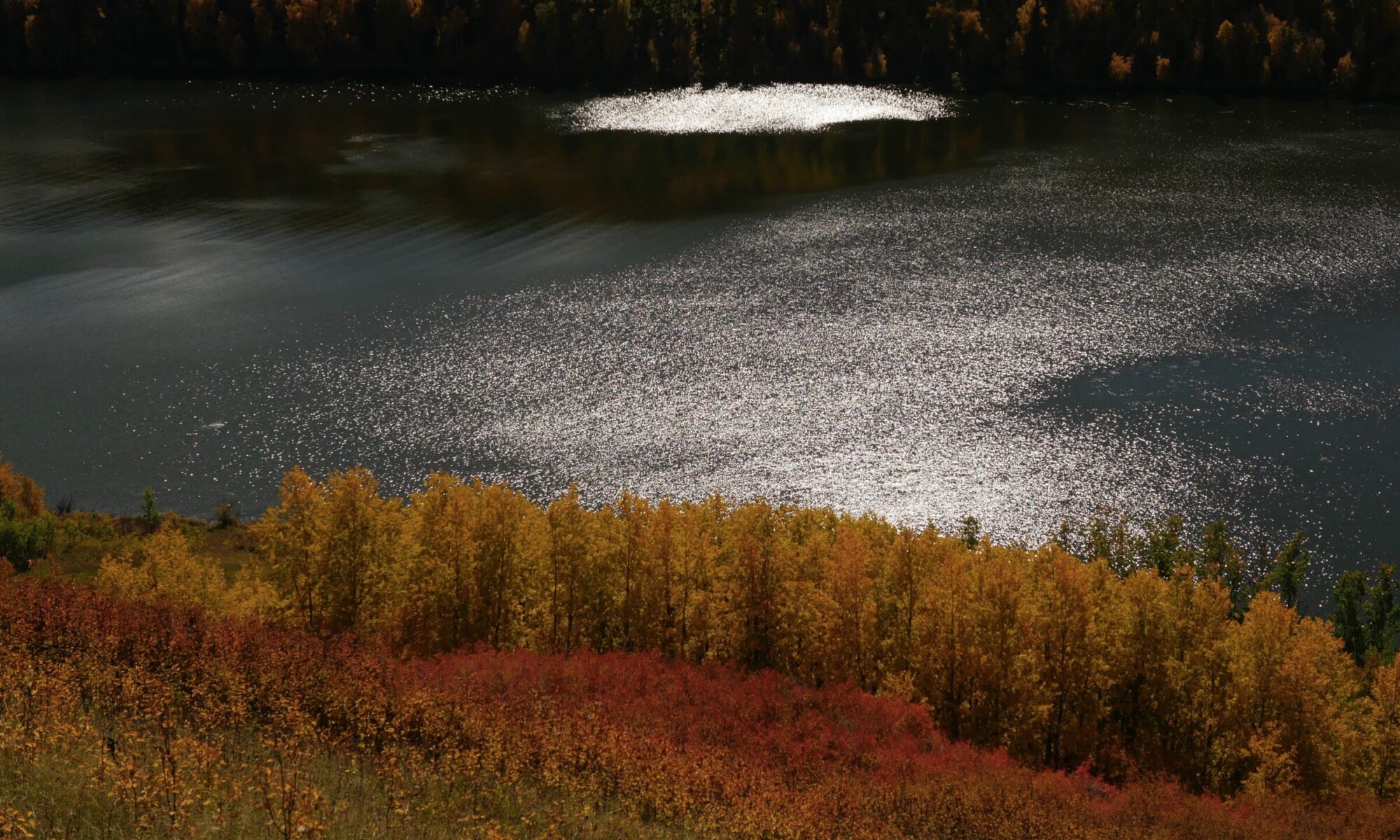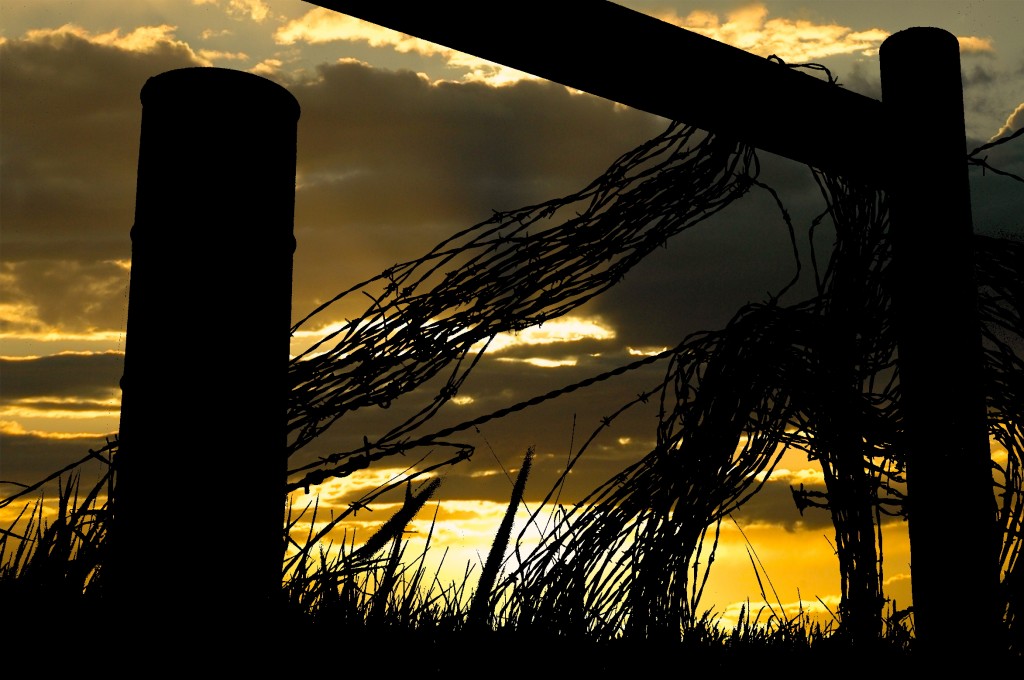Inspired by Vivienne Simon’s essay, “Fostering Light in Dark Times.”
It is surely a leap of faith that mobilizes paralysis induced by the intellectual awareness of destruction and its inevitability. We might perhaps meander the paths of life without taking such a leap, but is the stark nature of pain and loss not such that we are incapable of fully investing our energy elsewhere without first confronting the immediate reality? Beyond embracing ignorance or yielding to despair, we yearn to be satisfied by some deconstruction of undeniable truths.
This thirst is borne of the soul’s unrest at the mind’s conclusions. The identification of this relationship is critical in evading a frustration that might otherwise consume and incapacitate.
Destruction as reality is not irrational, rather, it is spiritually challenging. The key recognition is that of the spiritual nature of a struggle. Intellect is incapable as a primary instrument in a search for meaning. So long as we demand a rational explanation capable of dissolving spiritual unrest, we will remain unsatisfied.
Specifically, the required leap of faith is one that pushes argument to its limits, but no further, and engages spiritual struggle where rational conclusions or limitations cause unrest.
Into what, then, does one leap when rational thought is exhausted and the soul, unsatisfied? Curious indeed, that we should jump knowing only what we seek but not where we might find it.
But the soul tastes refuge, just as the feet leave the ground. It is here that life is worth living, even as destruction continues.
– Hans

